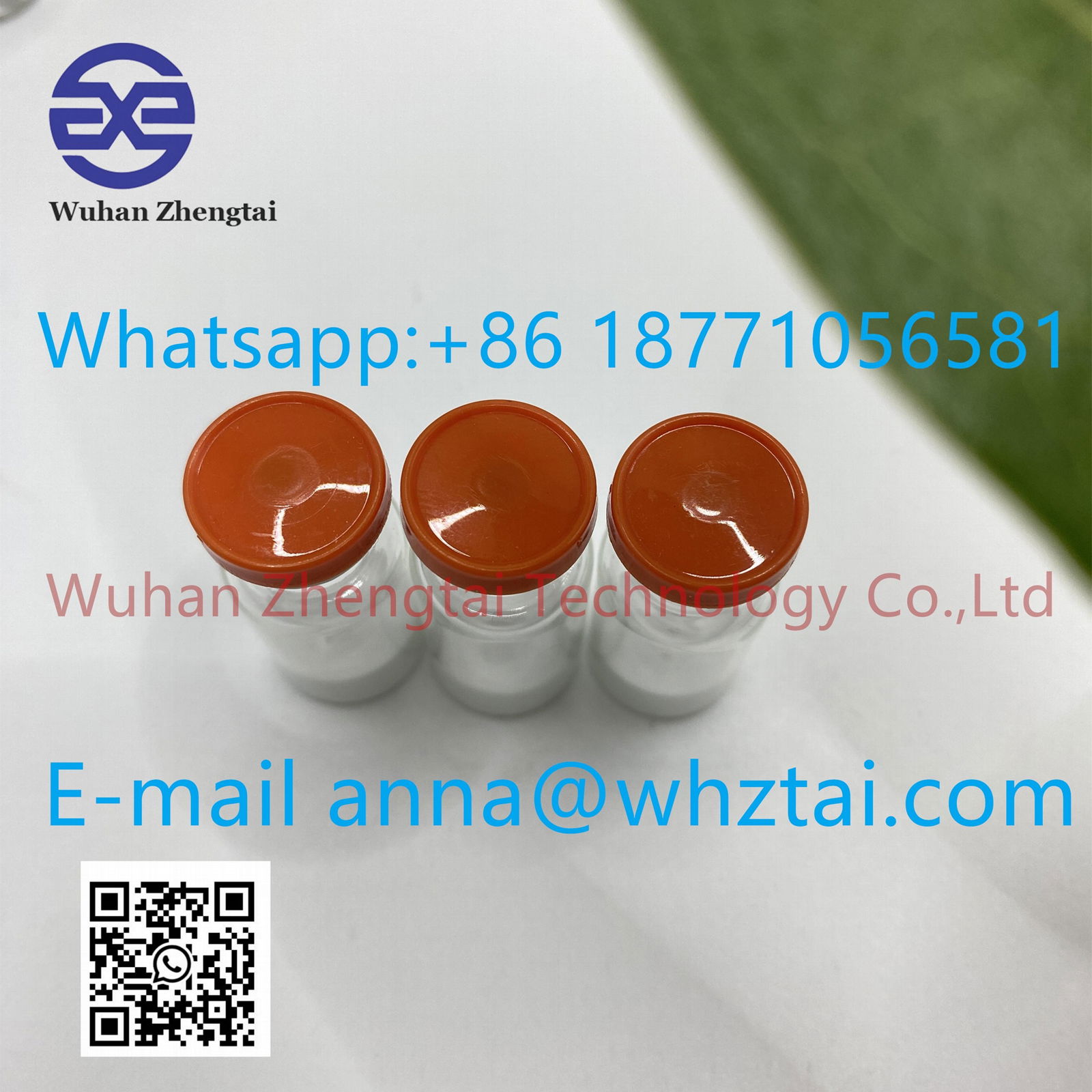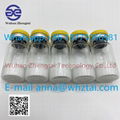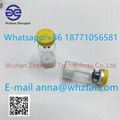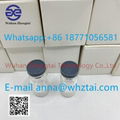Description:
Epithalon (also known as Epitalon or Epithalone) is the synthetic version of the polypeptide Epithalamin which is naturally produced in humans. This pineal peptide preparation is secreted in the epithlamium-epiphyseal region of the brain. Its more prominent tasks are: to regulate metabolism in the epiphysis, increase the sensitivity of hypothalamus to its natural hormonal influences, normalize the function of the anterior pituitary, regulate the levels of gonadotropins and melatonin in the body. Epithalamin increases a person's resistance to emotional stress and also acts as an antioxidant.
Epithalamin was first discovered in the late 1980's by Prof. Vladimir Khavinson from St. Petersburg, Russia. It has been studied extensively ever since. It is known by several names, including Epitalon, Epithalon, Epithalone, Epithalamin and Epithalamine. Since all the patents are held by the Russian inventor there is not much interest for this tetra-peptide from the western big pharma industry. This makes the substance fairly unknown in the west due to the absence of marketing usually seen with big pharma products. In Russia it is currently in clinical studies and shows prospective results as treatment for liver disorders, neuropathology, psychiatry and geriatrics.
Application:
Epitalon decreases the age-related changes in immune and neuroendocrine systems,reduces the incidence of recurrent infections and chronic diseases. Long term clinical trials have shown that in patients with age-related pathology Epithalamin eliminates imbalance in prooxidation and antioxidation systems.Results of 12-months treatment with Epithalon in patients with signs of accelerated aging showed normalizing effect on metabolism and condition of various functional systems. Elevated uric acid, alkaline phosphatase and cholesterol in elder patients returned to normal after 10 days of treatment, and remained stable in a several months peroid










